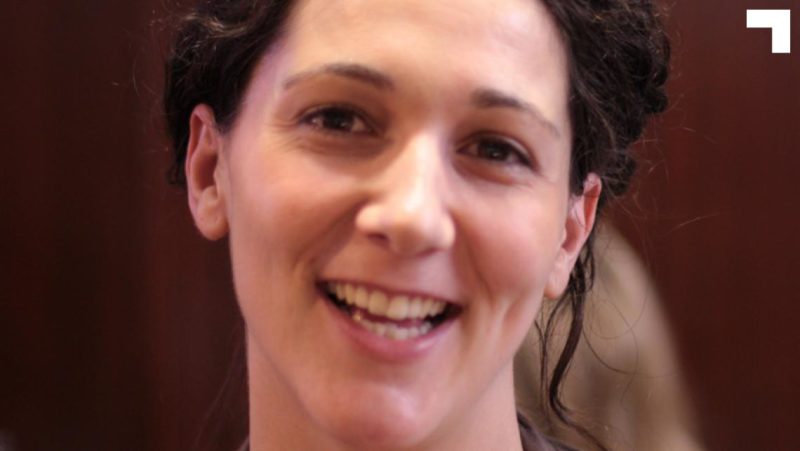The UN Framework Convention on Climate Change (UNFCCC) secretariat and the Gold Standard on Tuesday, April 4, 2017 announced a collaboration to assist organisations, such as corporates, investors, regions, territories and cities, in setting sustainability targets and assessing the sustainable development impacts of their initiatives.

The partnership will build on the standard-setting experience of both organisations in the areas of impact evaluation of climate and sustainable development (SD) actions.
The ultimate objectives of the Paris Agreement and the Sustainable Development Goals (SDGs) will be achieved only if they are fully recognised as one encompassing agenda. As such, the 17 Sustainable Development Goals (SDGs) need to be tackled in an integrated manner. Moreover, it is also widely recognised that successful implementation can only be achieved by engaging all actors.
Providing all actors with improved ways to easily and cost-effectively analyse, assess and demonstrate their sustainability initiatives is a priority and a key objective of this partnership.
“Governments are central to delivering the SDGs. But the speed and scale of the transformation needed can only happen if supported by all sectors of society,” said James Grabert, Director, UNFCCC secretariat. “Developing those tools and solutions aims at assisting all stakeholders to act concretely towards our common goals, as enshrined in the SDGs,” he added.
“It is clear the achievement of the SDGs is impossible without major participation from the private sector. Business is demonstrating its willingness to ramp up sustainability action, and many companies are already aligning not only their corporate social responsibility policies, but also their core business strategies with the targets defined in the SDGs,” said Gold Standard CEO, Marion Verles.
“What is missing are practical tools to help them contribute in meaningful, measurable and credible ways – and to get recognition for doing so. We hope our new collaboration with the UNFCCC secretariat will encourage and incentivise more ambitious contributions to sustainable development from the private sector,” she concluded.
Specifically, the collaboration will seek to deliver:
- A decision-making tool for corporate sustainability impact assessments. The tool will include recommended approaches for the formulation of targets and decision-making pathways based on the individual needs of an organisation to measure and report on the impacts achieved;
- Methodologies and approaches to quantify and report on the impacts of sustainable development actions, including methodologies for use in the context of large scale interventions such as supply chain and city scale interventions; and
- Technology solutions to reduce the barriers to measuring, quantifying and certifying impacts (including IT based platforms and blockchain based solutions).
